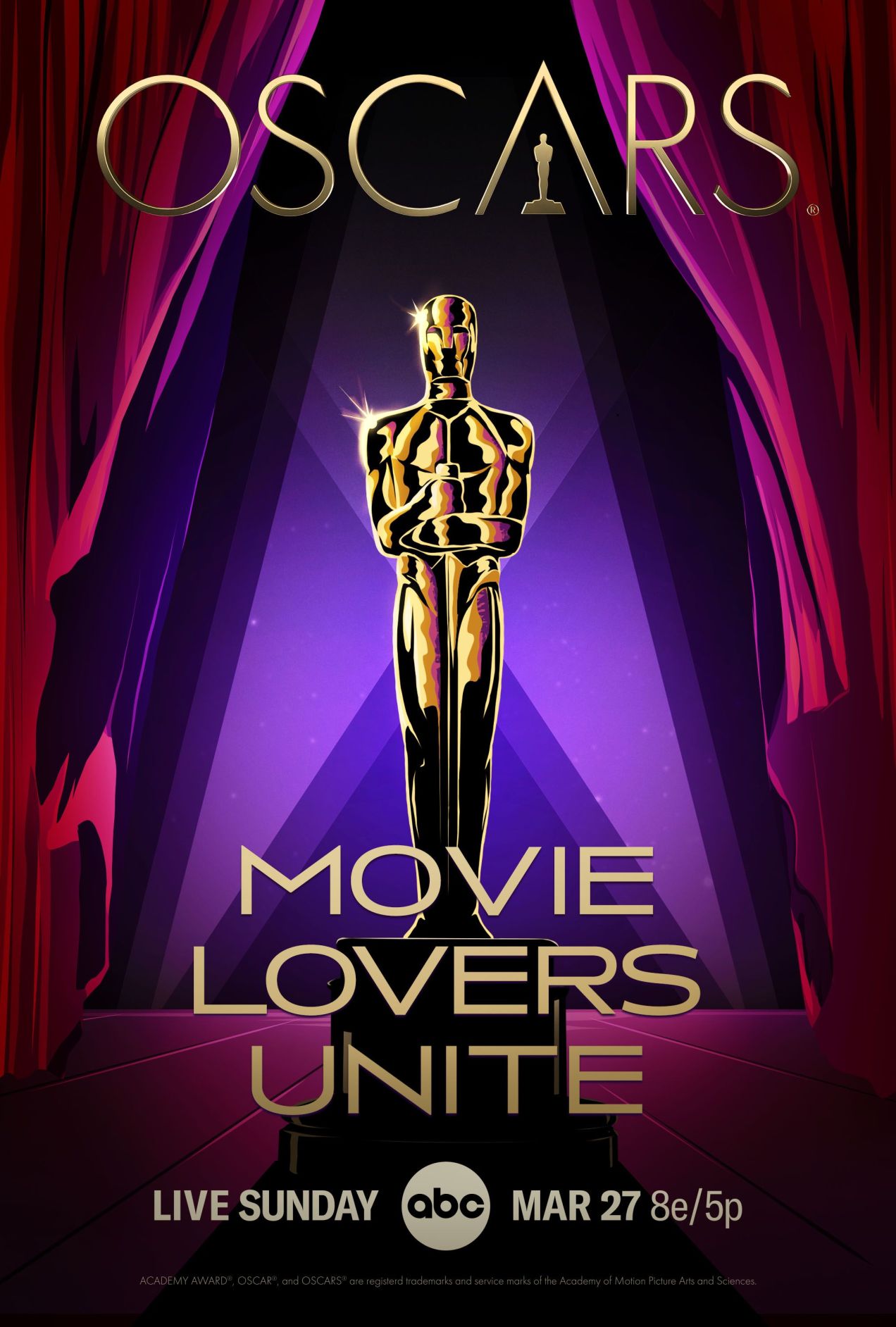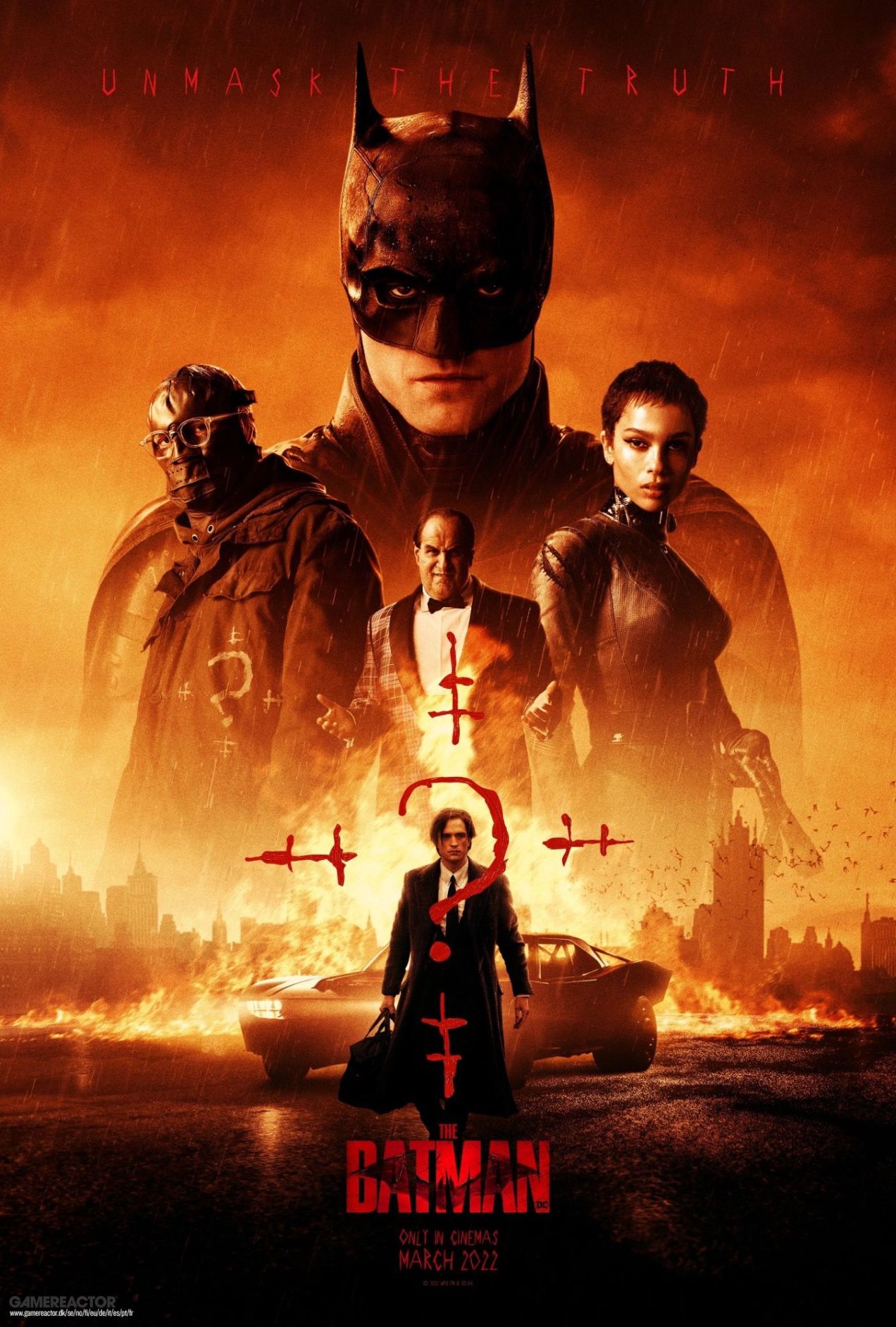An unfortunate planning error (damned time zones) means that I will be in the air during the Oscars later today, and for the first time in I think more than 2 decades I will not be able to watch the Oscarcast live. A sad day. However, with a number of categories feeling quite wide open still perhaps my eventual results would be even sadder. Or not…
Best Motion Picture of the Year
Should win: Anora
Prediction: Anora
It could very well be Conclave or The Brutalist as well, but Anora has stayed in my mind for months after I watched it, which is testament to its power as a film.
Best Performance by an Actor in a Leading Role
Should win: Adrien Brody, The Brutalist
Prediction: Adrien Brody, The Brutalist
It could also very well be Timothee Chalamet’s great performance in A Complete Unknown, but I think Adrien Brody still stands a slightly higher chance for this one.
Best Performance by an Actress in a Leading Role
Should win: Mikey Madison, Anora
Prediction: Demi Moore, The Substance
Demi Moore almost seems like a lock for this one especially after Karla Sofia Gascon’s implosion but I actually preferred Mikey Madison’s nuanced portrayal in Anora.
Best Performance by an Actor in a Supporting Role
Should win: Kieran Culkin, A Real Pain
Prediction: Kieran Culkin, A Real Pain
One of the most locked categories of the night, Kieran has won every imaginable acting award for his great performance in A Real Pain.
Best Performance by an Actress in a Supporting Role
Should win: Zoe Saldana, Emilia Perez
Prediction: Zoe Saldana, Emilia Perez
Much as I disliked Emilia Perez, there can be no denying that Zoe Saldana did an excellent job with her role. Felicity Jones was amazing in The Brutalist as well but she’s too far down the ballot to be given too much consideration.
Best Achievement in Directing
Should win: Brady Corbet, The Brutalist
Prediction: Sean Baker, Anora
I wouldn’t be mad if there as an upset in this category but I will still go with Sean Baker.
Best Writing, Screenplay Written Directly for the Screen
Should win: Anora
Prediction: Anora
A very stacked list and I really wouldn’t mad if any of the nominees won.
Best Writing, Screenplay Based on Material Previously Produced or Published
Should win: Conclave
Prediction: Conclave
Conclave was one riveting movie and has a good chance to be given the “consolation prize” of best screenplay if it doesn’t win anything else.
Best Achievement in Cinematography
Should Win: The Brutalist
Prediction: The Brutalist
The Brutalist was the most epic movie and Denis still has one more Dune movie up his sleeve, which could improve Lol Crawley’s chances.
Best Achievement in Editing
Should Win: Conclave
Prediction: Conclave
The papal intrigue in Conclave required a firm hand in editing and Nick Emerson did a fine job.
Best Achievement in Production Design
Prediction: Wicked
Can’t imagine any other film winning this one.
Best Achievement in Costume Design
Prediction: Wicked
Can’t imagine either.
Best Achievement in Makeup and Hairstyling
Prediction: The Substance
Best Achievement in Music Written for Motion Pictures, Original Score
Prediction: The Brutalist
Best Achievement in Music Written for Motion Pictures, Original Song
Prediction: “El Mal”, Emilia Perez
I don’t like the movie but the song has been winning almost everything so…
Best Achievement in Sound
Prediction: Dune: Part Two
Best Achievement in Visual Effects
Prediction: Dune: Part Two
I would really want Kingdom of the Planet of the Apes to win this one though.
Best Animated Feature Film
Prediction: The Wild Robot
I wasn’t a huge fan of Flow (despite owning a black cat!) and the late surge for The Wild Robot should help push it over the edge against Flow.
Best International Feature Film
Prediction: Emilia Perez, France
I am going to bet that the disastrous Oscar campaign wouldn’t be enough to dislodge the film from becoming the best foreign film winner, even though I’m Still Here could very much be the dark horse here.
Best Documentary Feature
Prediction: No Other Land
Best Documentary Short Subject
Prediction: I Am Ready, Warden
Best Animated Short Film
Prediction: Yuck!
Best Live Action Short Film
Prediction: The Man Who Could Not Remain Silent








